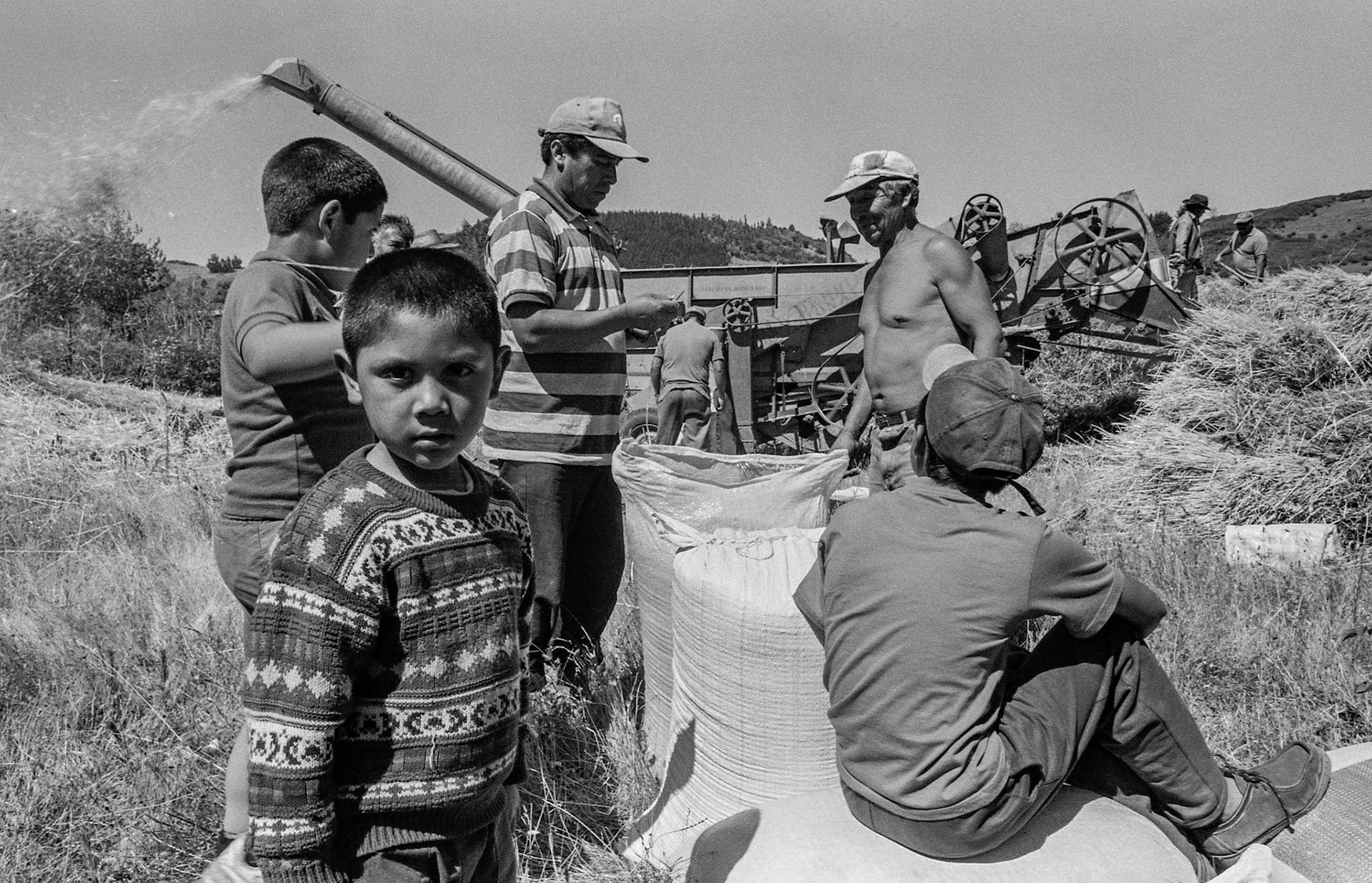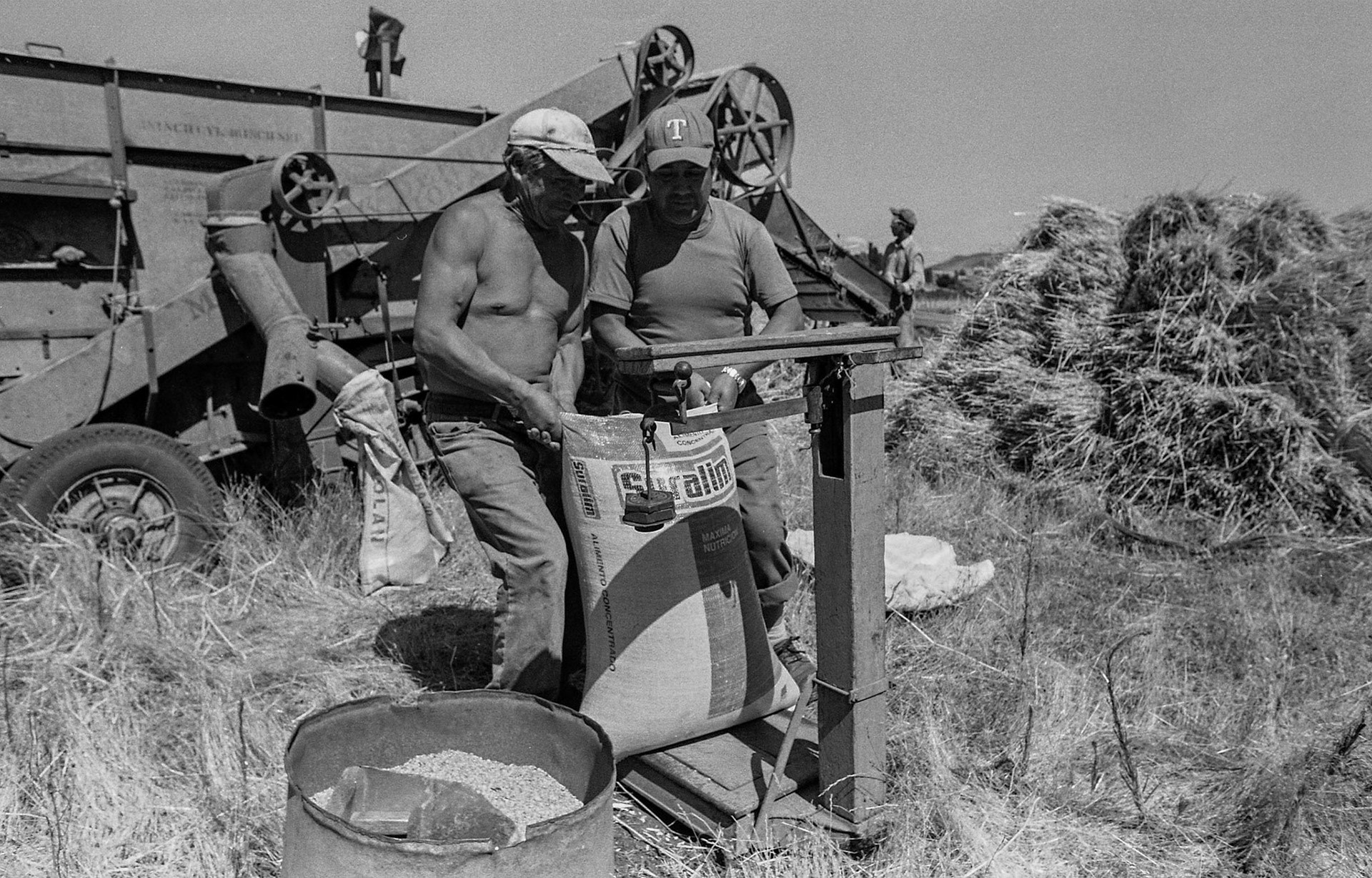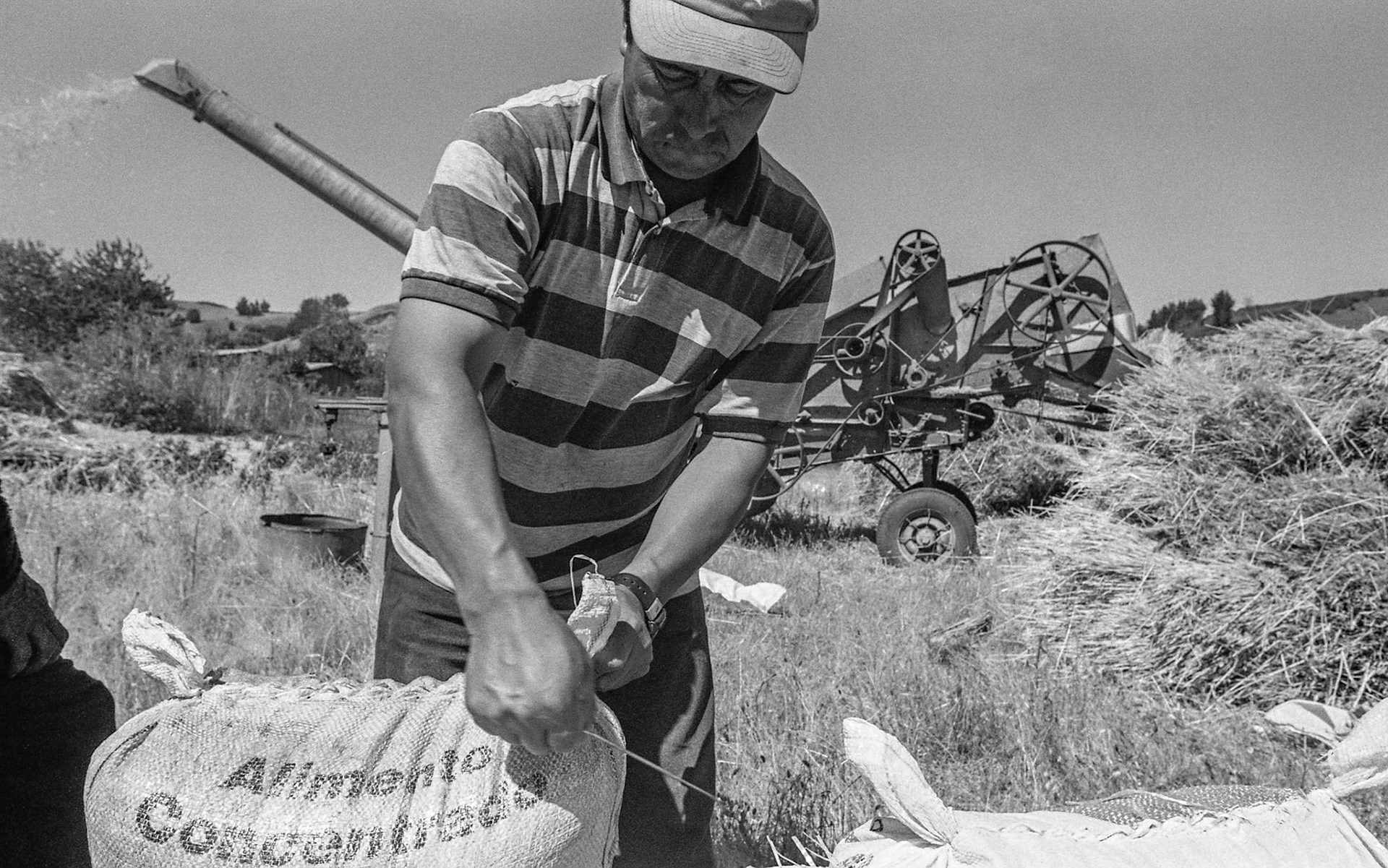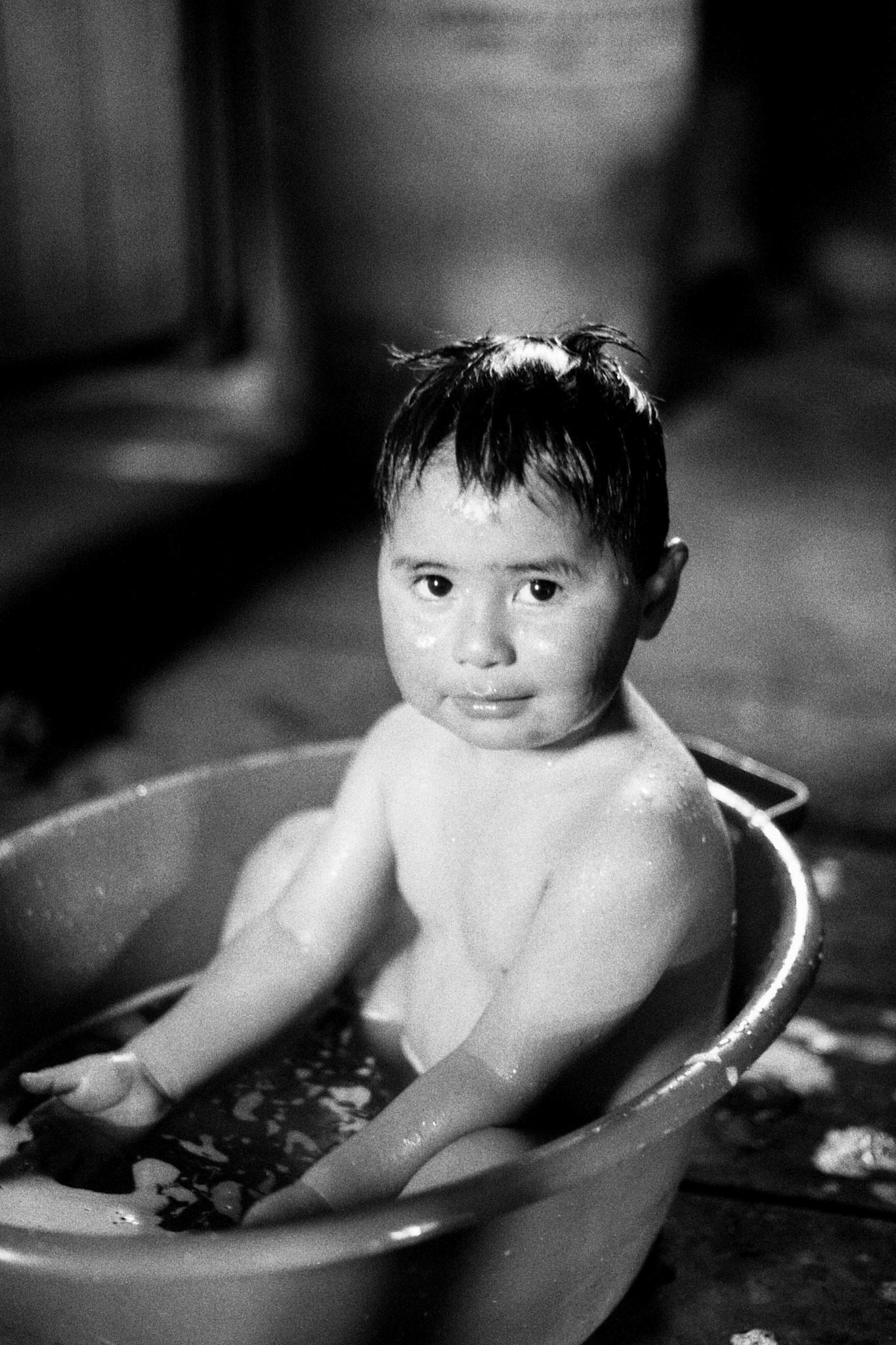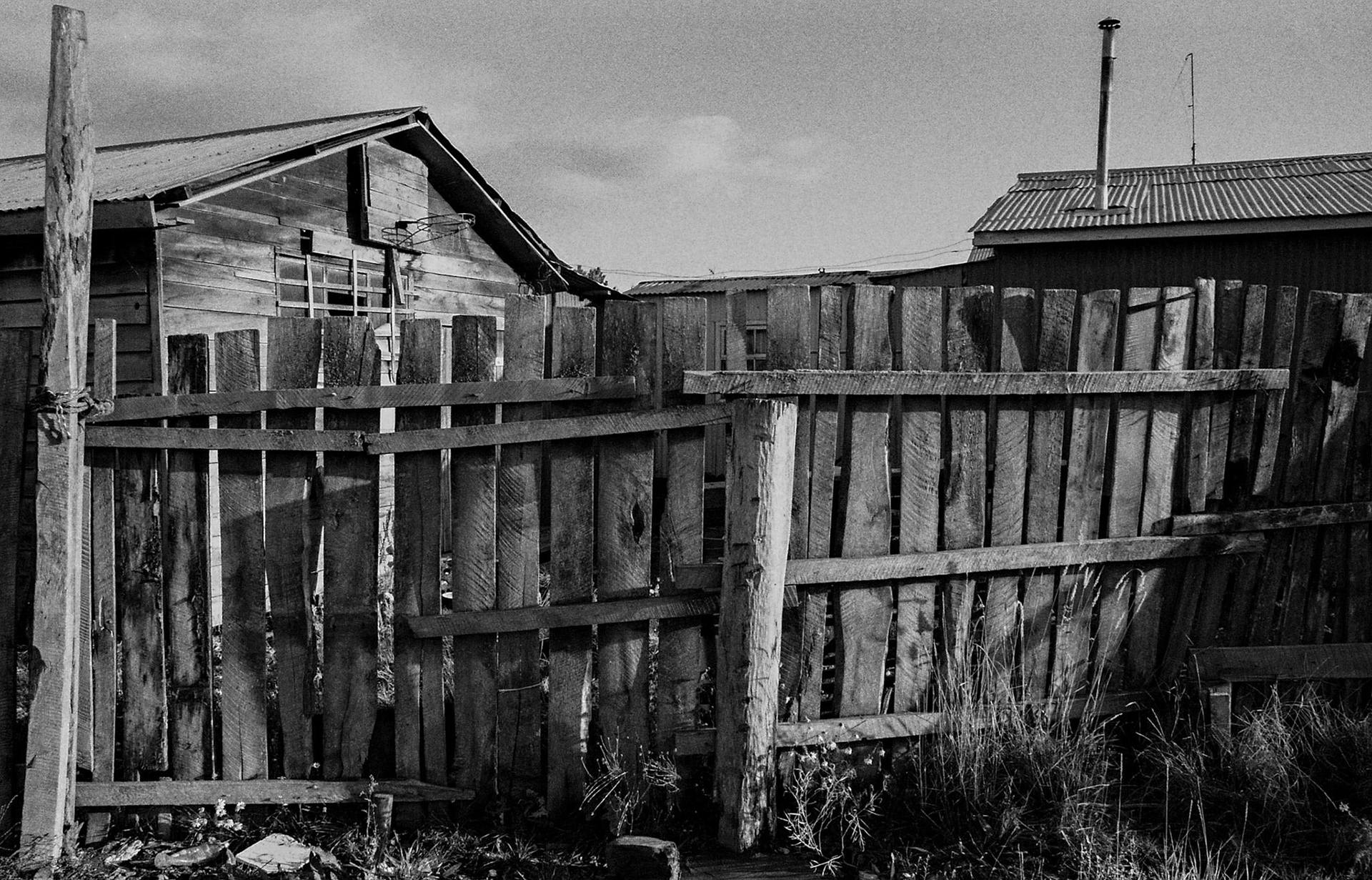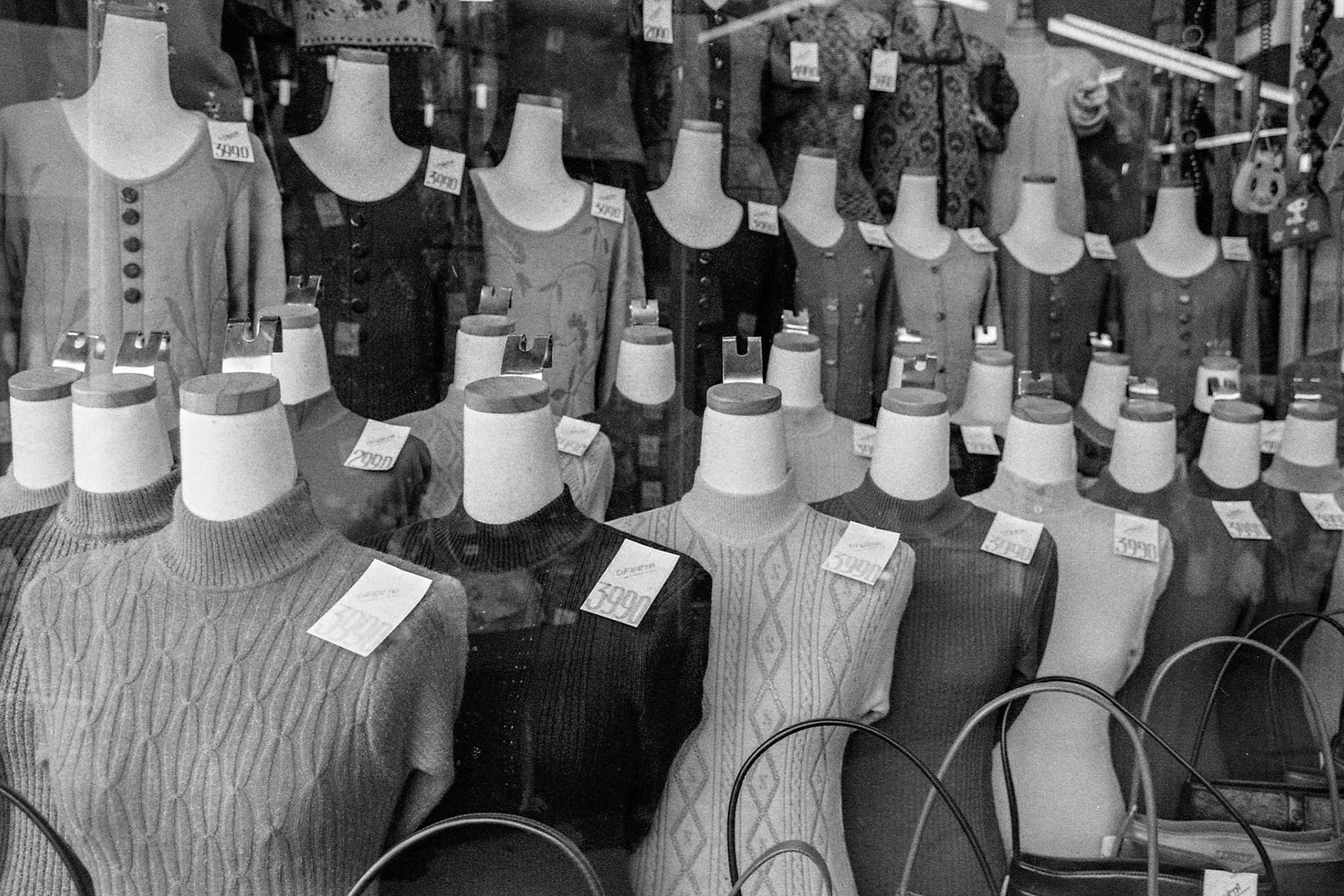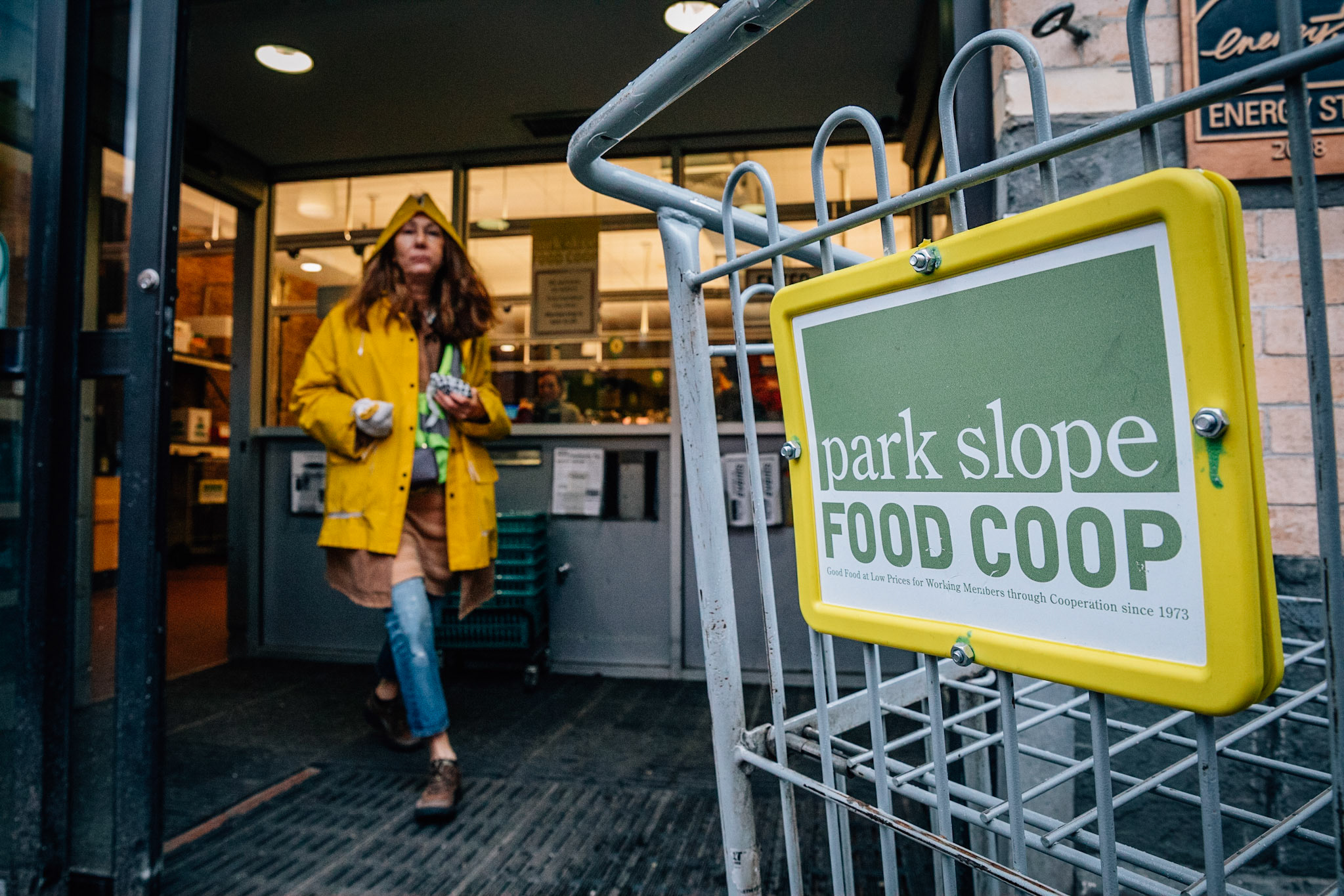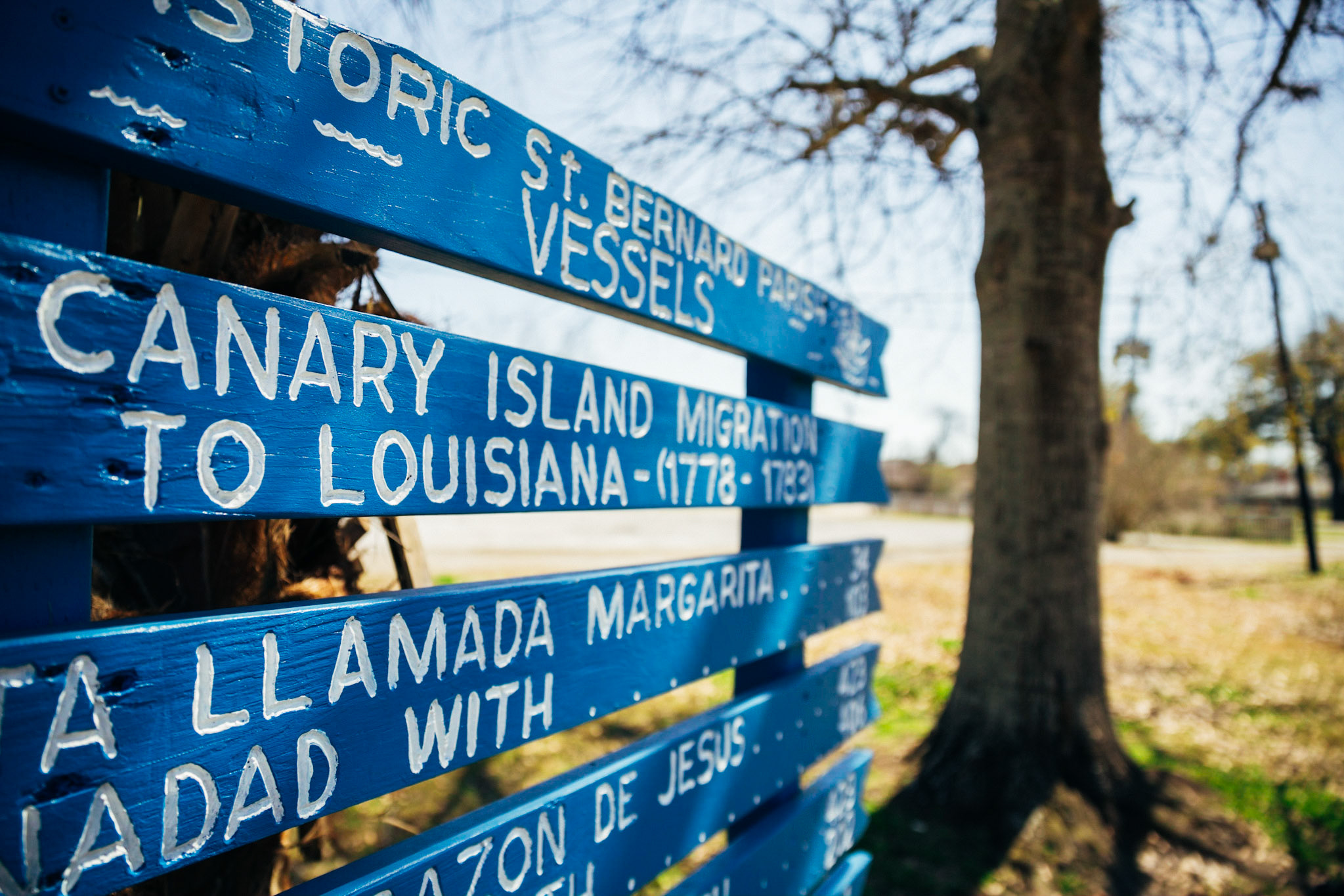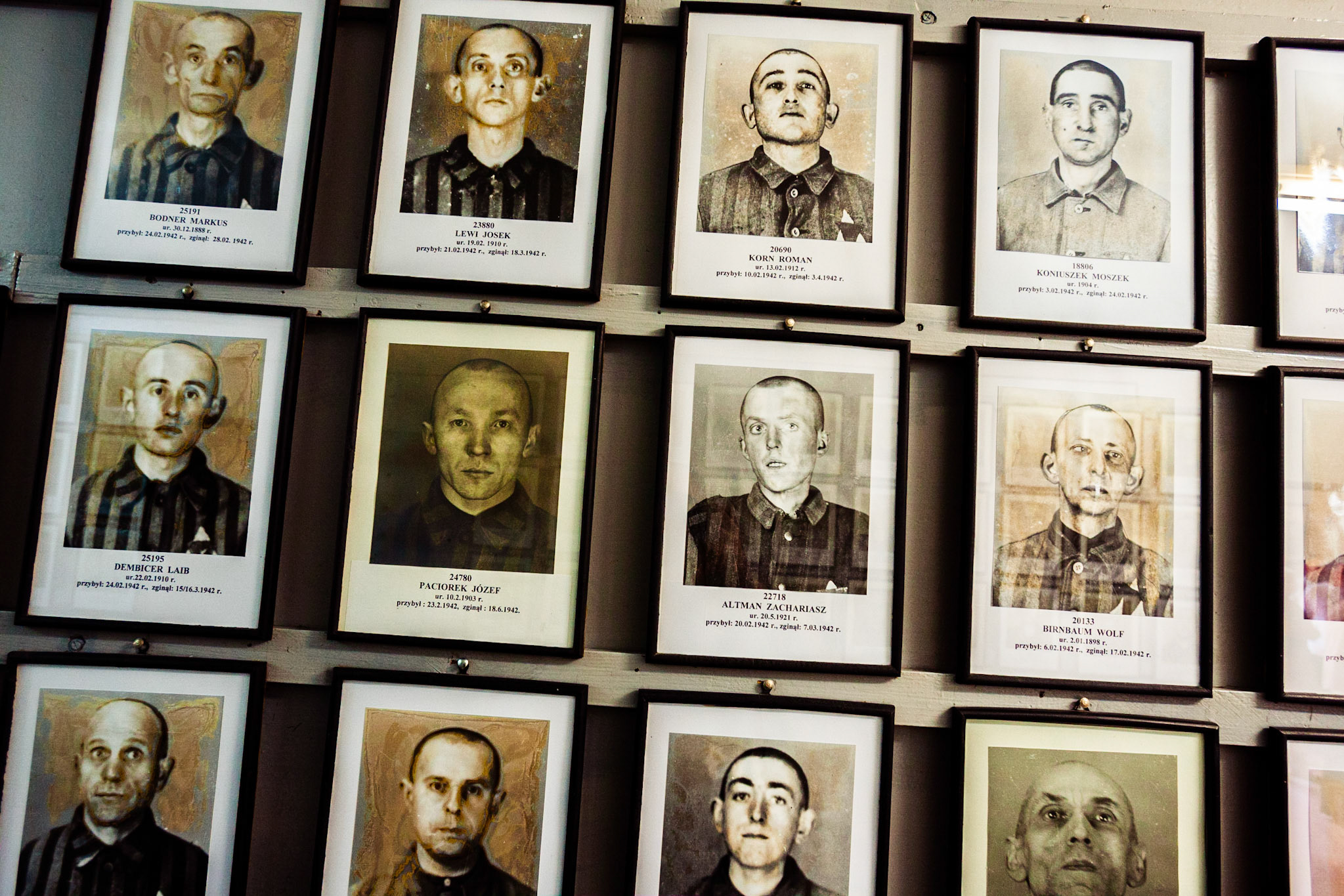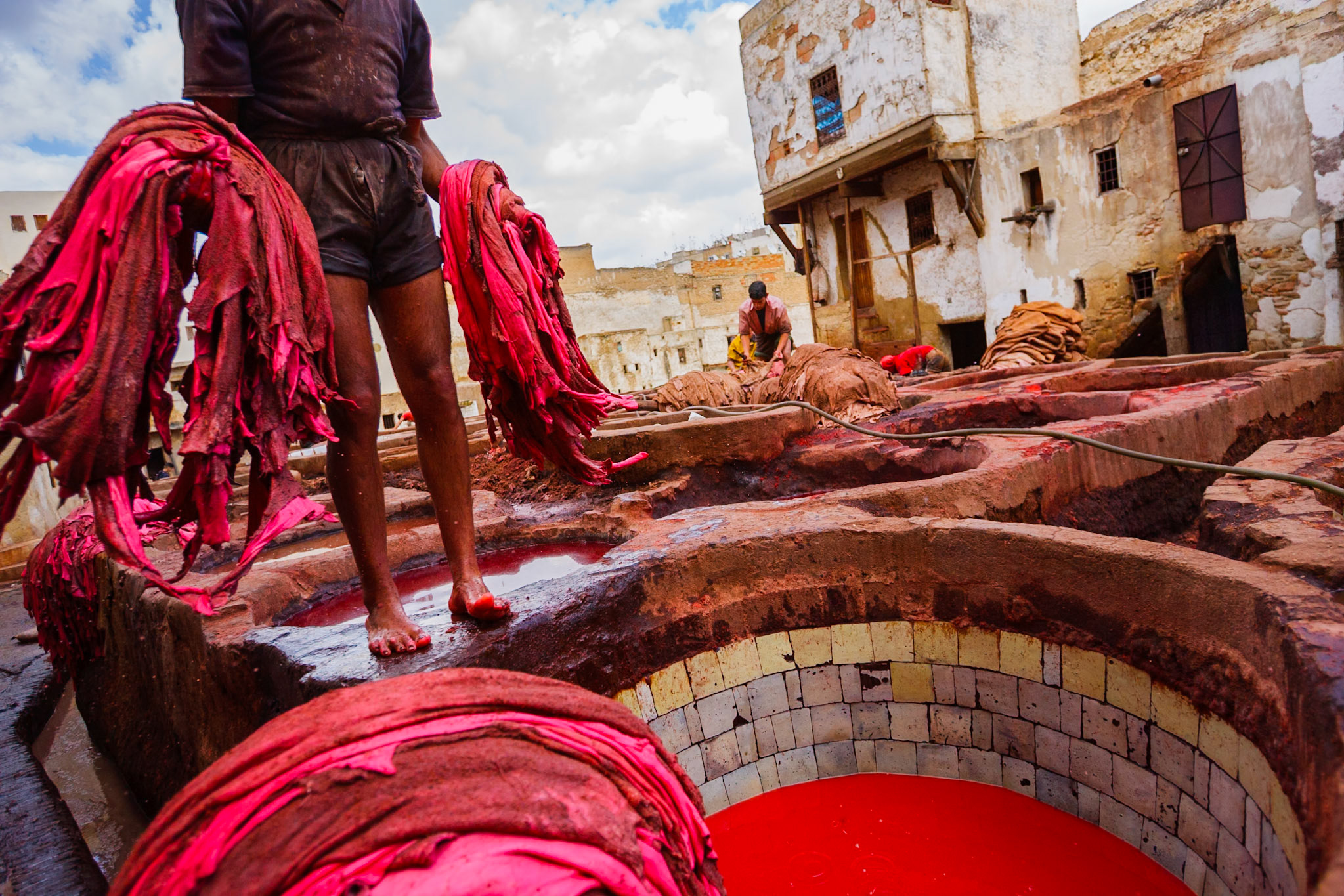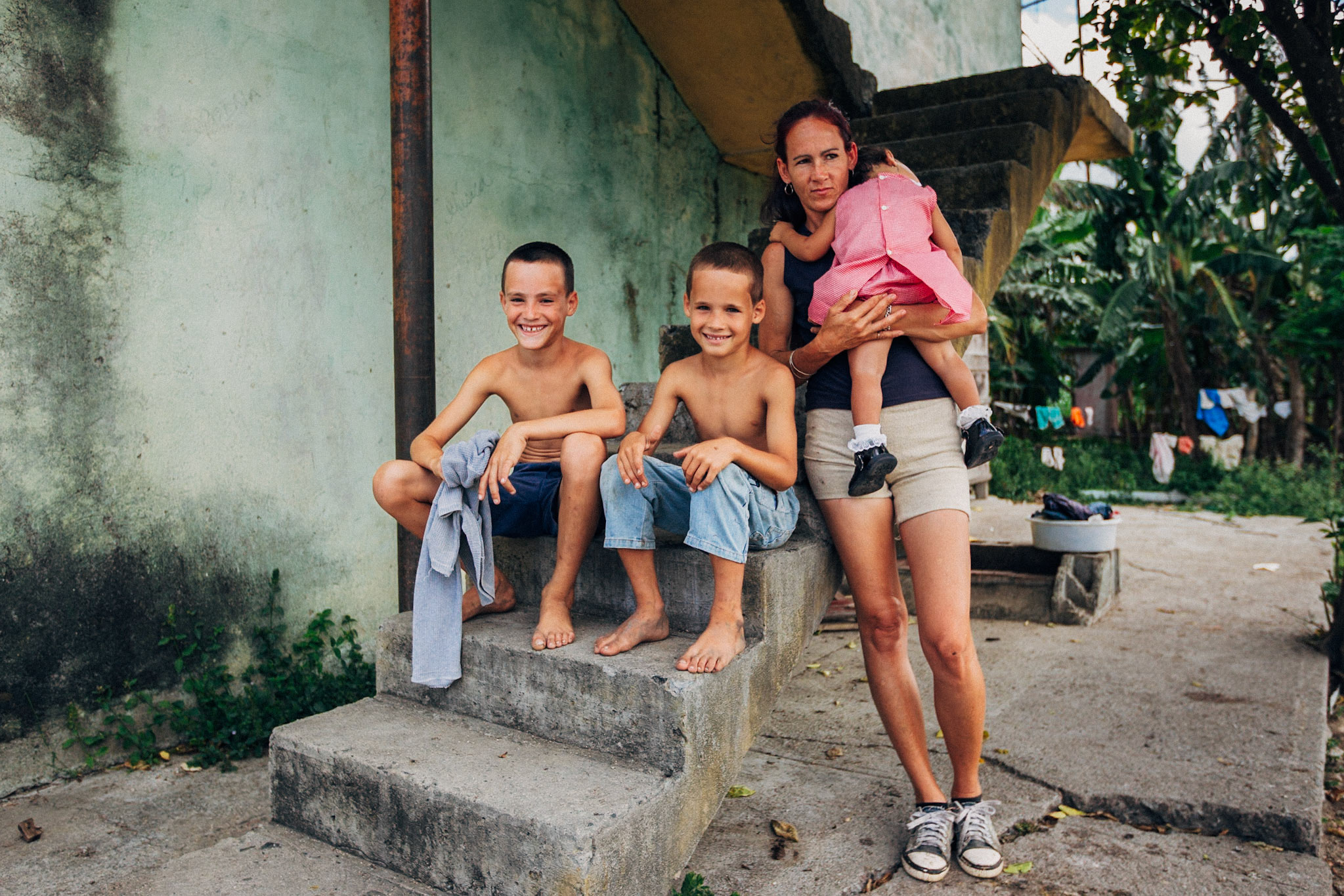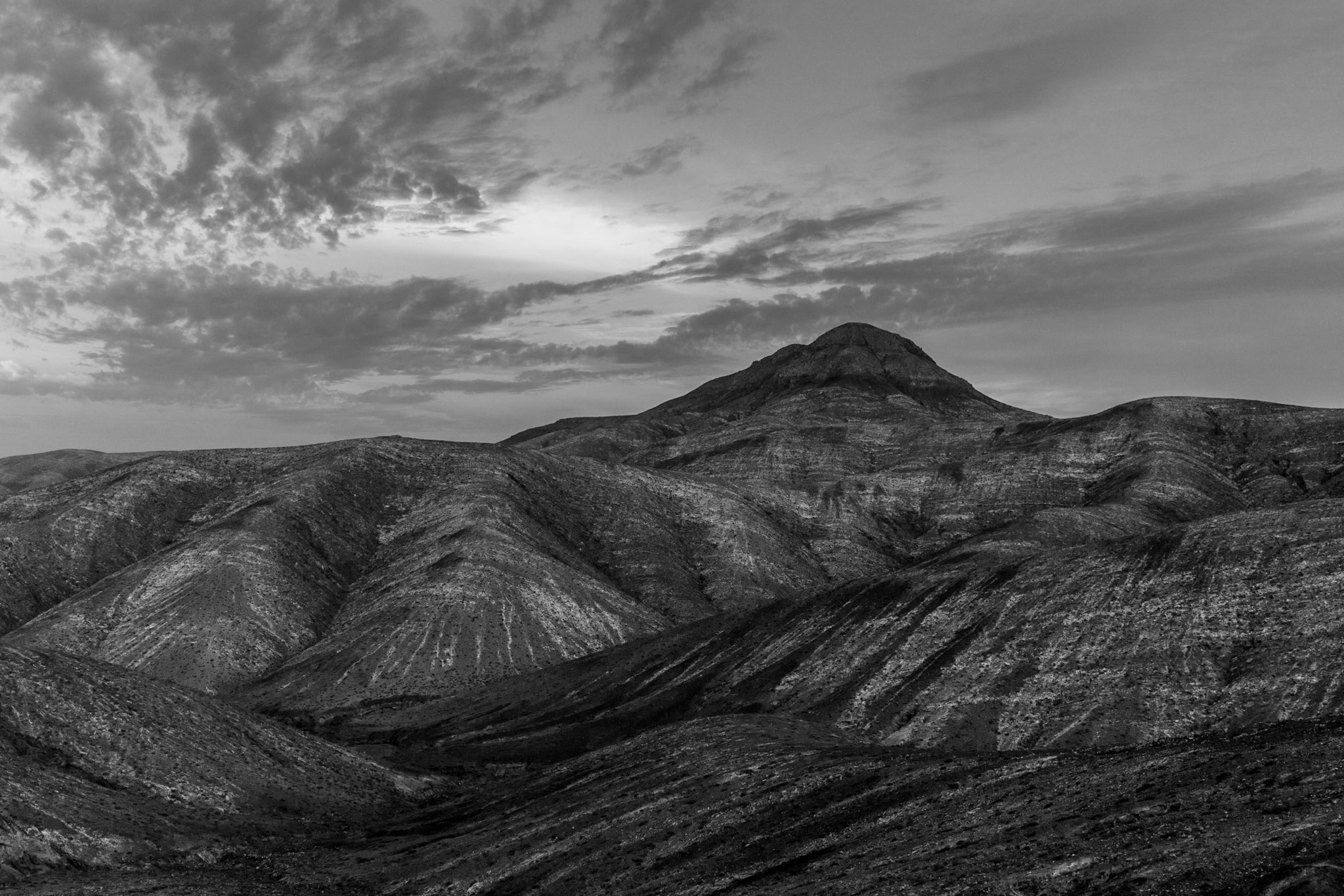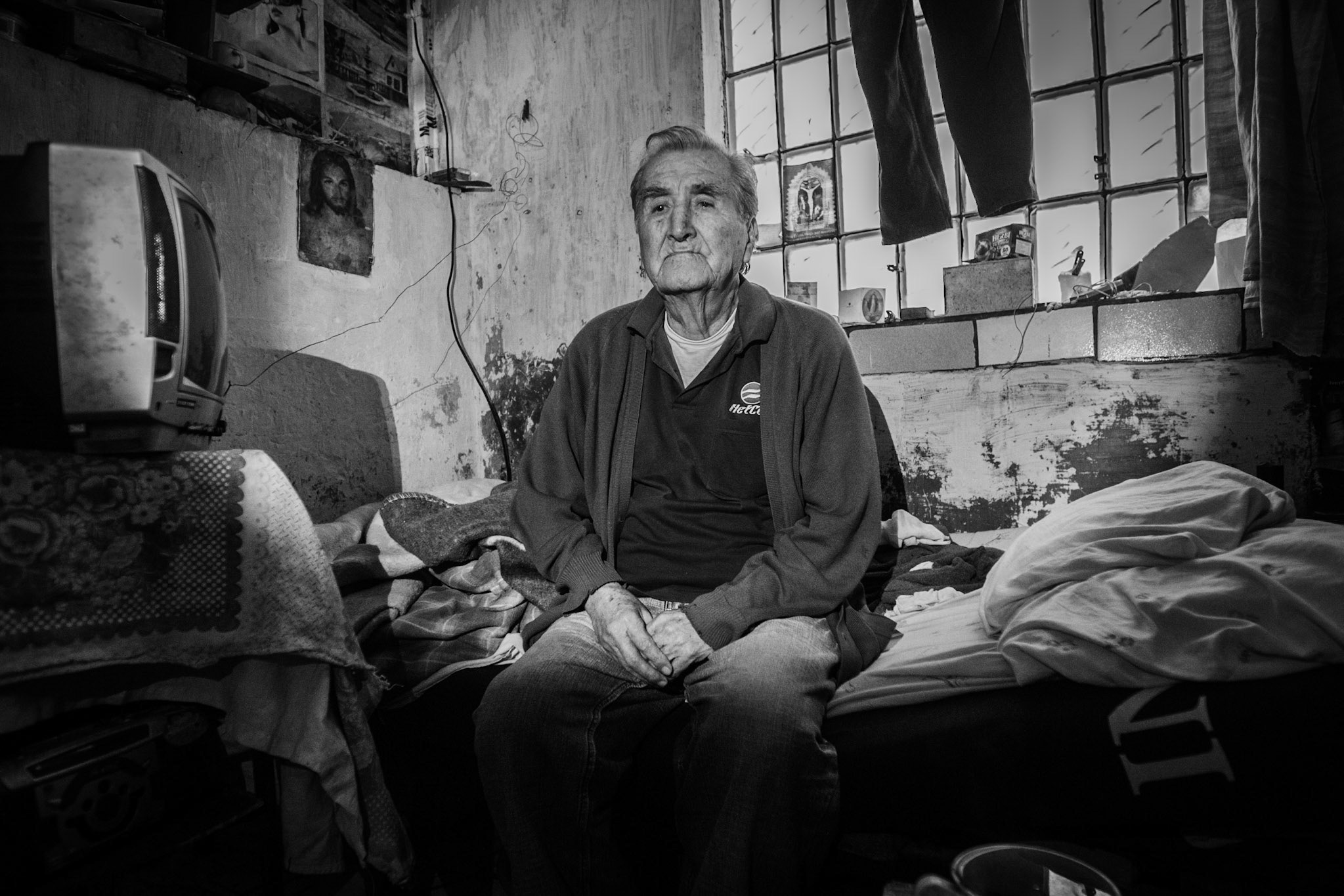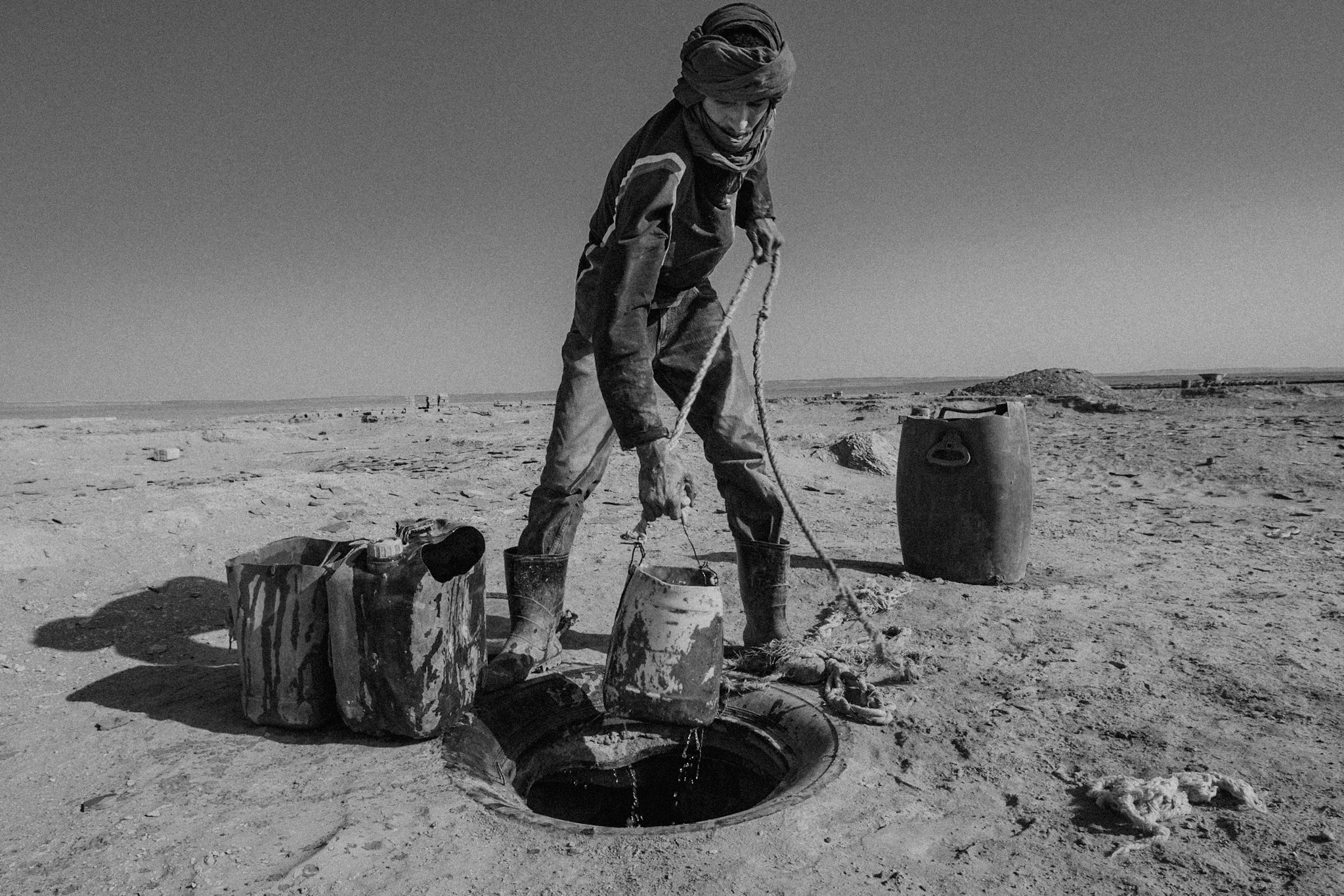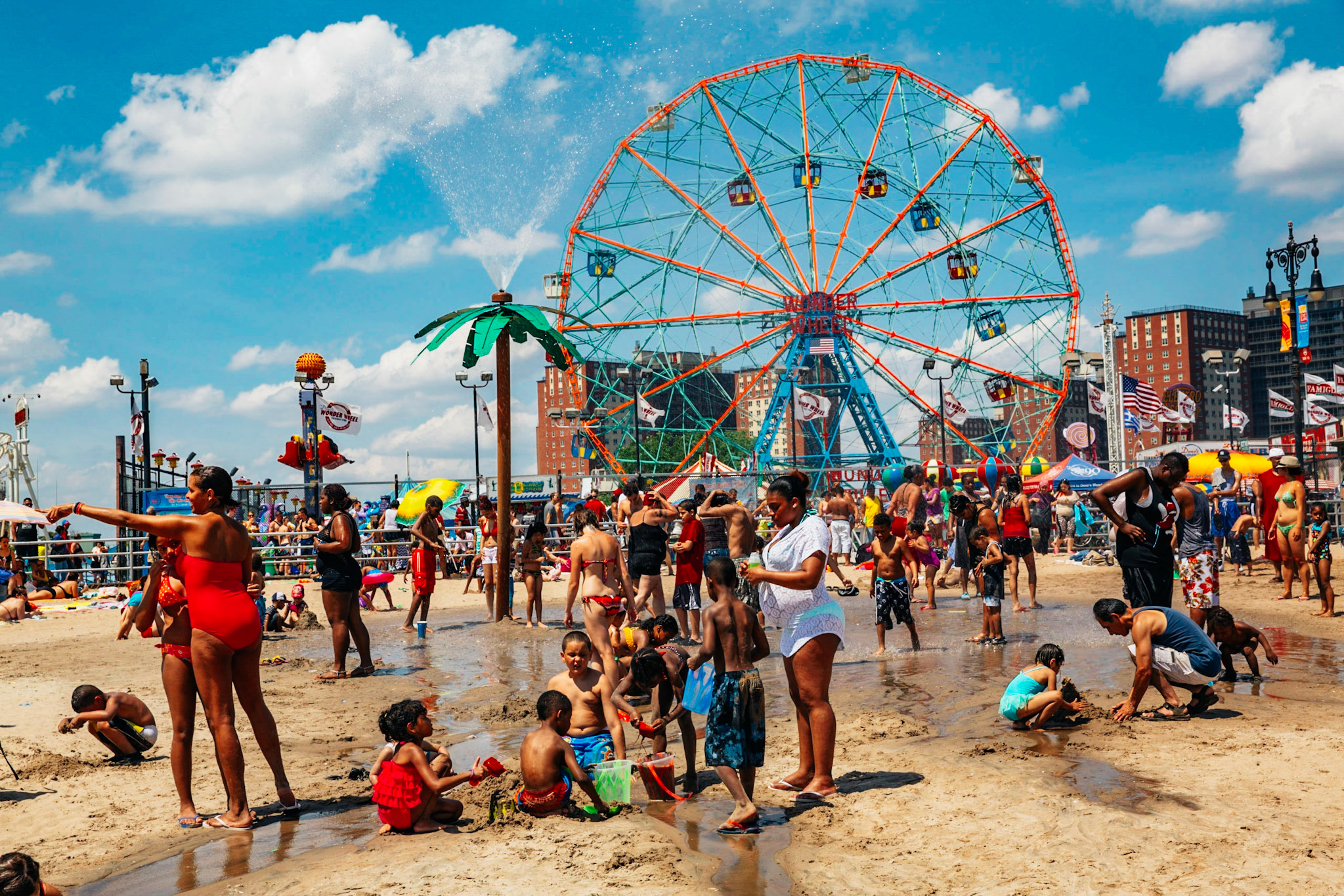
LLUFQUENTUE AREA, IX ARAUCANIA REGION, CHILE - 2014: Family packing wheat.

LLUFQUENTUE AREA, IX ARAUCANIA REGION, CHILE - 2014: Weighing the sacks of wheat.

LLUFQUENTUE AREA, IX ARAUCANIA REGION, CHILE - 2014: Packing wheat.

LLUFQUENTUE AREA, IX ARAUCANIA REGION, CHILE - 2014: One of the children in the family taking a bath in a basin.

LLUFQUENTUE AREA, IX ARAUCANIA REGION, CHILE - 2014: Exterior of one of the houses.

LLUFQUENTUE AREA, IX ARAUCANIA REGION, CHILE - 2014: Showcase in Temuco,.

LLUFQUENTUE AREA, IX ARAUCANIA REGION, CHILE - 2014: Man sitting in his car in the vicinity of Lake Villarrica, near Temuco.
